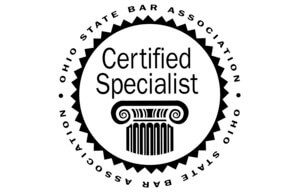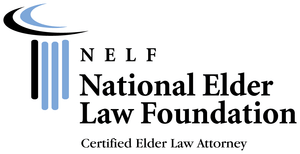Living Trusts
/A will may not be the best plan for you and your family - primarily because a will does not avoid probate when you die. A will must be filed with the probate court before it can be enforced. Also, because a will can only go into effect after you die, it provides no protection if you become physically or mentally incapacitated. Therefore a guardianship proceeding with the probate court would be necessary to manage your assets. Fortunately, there is a simple and proven alternative to a will - the revocable living trust. It avoids probate, and lets you keep control of your assets while you are living - even if you become incapacitated - and after you die.
Read More




